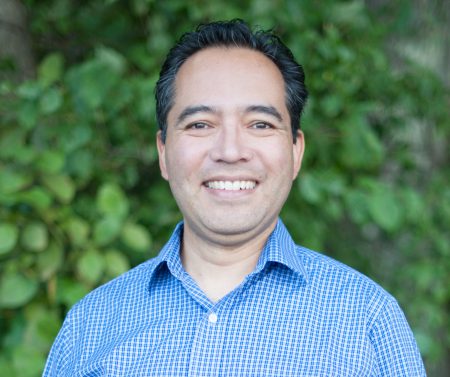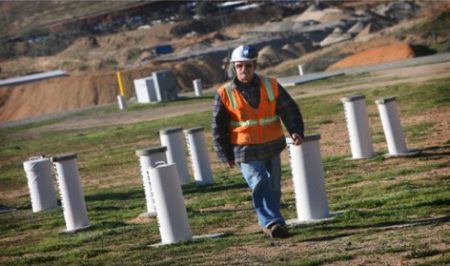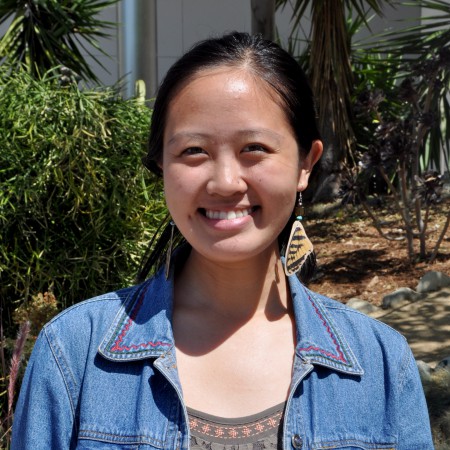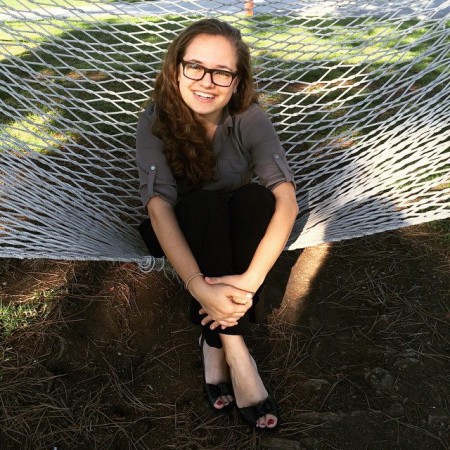Our final professor of the Spotlight series is Professor Francisco Donez, interviewed by Feby ’17. Keep reading to find out how Pitzer students may learn about air pollution issues as they relate to social justice. Thanks for following the Faculty Spotlight series!
Francisco Donez
Adjunct Assistant Professor of Environmental Analysis
Field Group: Environmental Analysis
Academic/Industry Interests: Air quality, environmental justice, air pollution at the U.S.-Mexican border
Some Classes He’s Taught: Environmental Justice
Little Known Fact: He is highly motivated to improve racial and ethnic diversity in environmental and academic communities, and has led equal opportunity initiatives at EPA and other organizations.
Feby Boediarto ’17: What makes Pitzer stand out from other institutions?
Francisco Donez: The Pitzer community stands out because of its uncommon commitment to the common good. On matters ranging from social justice to environmental sustainability, students and faculty work together on this campus not only to learn about complex issues, but to put their understanding into action in local communities and all over the globe.
FB: What is your background, and what work have you done in the past in commitment to environmental analysis/ environmental justice?
FD: I grew up and attended public schools in Albuquerque, New Mexico, and studied mechanical engineering at MIT, and public policy at Georgia Tech. My Ph.D. is from the Energy and Resources Group at UC Berkeley, where my research examined visible air pollution issues in the U.S.-Mexican border region. I have worked in environmental policy since 1997, mostly on air quality and climate change issues. Since moving to Southern California in 2008, my work has focused on air pollution from heavy duty diesel engines, which can have significant effects on human health. This an important environmental justice issue, because many vulnerable communities are located in areas of concentrated diesel pollution, mostly related to the freight and transportation industries.
FB: What do you love most about your profession?
FD: As an adjunct faculty member, and a full-time environmental professional outside of Pitzer, I get the best of both worlds. I am able to “do” important policy work at my day job, then come to Pitzer and think “big picture” with extraordinary students.
“I am able to do important policy work at my day job, then come to Pitzer and think big picture with extraordinary students.”
FB: What are your relationships with students like?
FD: Students arrive at Pitzer with strong academic foundations and a desire to make the world a better place. My job as a faculty member is to help them discover the concepts and tools they can use to accomplish their goals and become responsible citizens and leaders. We do this work together in the classroom, but also in numerous events and informal interactions outside of class. (like the Toxic Tour to Jurupa Valley, shown in the photos below)


FB: How would you describe a Pitzer student?
FD: Pitzer students are powerful, in terms of intellect, knowledge, and commitment. They spend their years here learning how to focus and direct their own power, and the results are awe-inspiring.
“Pitzer students are powerful, in terms of intellect, knowledge, and commitment. They spend their years here learning how to focus and direct their own power, and the results are awe-inspiring.”
FB: One of Pitzer’s Core Values is interdisciplinary learning; how has this played into your research, academic focus, or learning objectives for your classes?
FD: Having studied engineering, public policy, and social science, I have a personal stake in interdisciplinary learning! I strive to make my courses relevant and interesting to students in various disciplinary tracks, by highlighting insights from natural and physical science, policy analysis, and the social sciences and humanities. This is not hard to do with environmental issues, as each of these disciplines makes invaluable contributions to our efforts at sustainability in our society.
Posted by Feby Boediarto ’17, Environmental Analysis and Katie Shepherd, Admission Counselor

